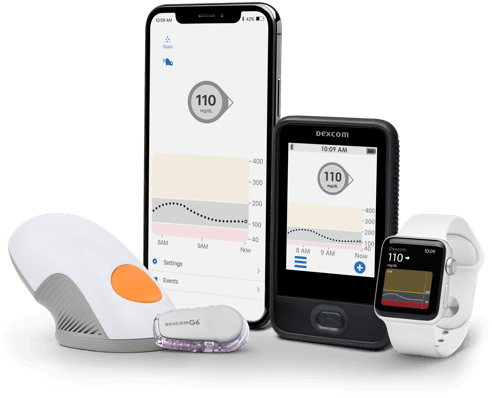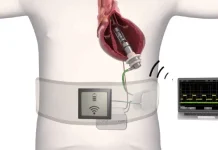The company attributes volume growth, new patient additions and increasing awareness of real-time continuous glucose monitoring to its revenue growth.
Despite the challenges of 2020, Dexcom was able to close the year out with financial growth for both the fourth quarter and the full year, according to its earnings report released Thursday.

In the earnings call, Dexcom’s chairman, president and CEO Kevin Sayer voiced his gratitude to the company for surpassing its goals even under the extreme circumstances last year.
“In any given year, these are accomplishments that we would be proud of,” Sayer said. “But in 2020, our teams accomplished these goals during a global pandemic. I want to use this forum again to say how proud I am of the Dexcom employees who have embraced our mission to empower people to take control of diabetes in a year of very unique challenges. It is a privilege to both lead and learn from such a talented team.”

In Q4, Dexcom’s revenue was $568.9 million, a 23% increase from the same quarter last year. For the full year, revenue increased 31% from 2019 to a total of $1.93 billion.
The company attributes volume growth, new patient additions and increasing awareness of real-time continuous glucose monitoring to its revenue growth.
Gross profits totaled $399.1 million, or 70.2% of sales, for Q4, compared to $309.3 million or 66.8% of sales in Q4 2019. Still, Dexcom’s operating expenses increased in Q4 to $295.1 million, up from $207.8 million the year before.
The adjusted EBITDA was $159.2 million and had a margin of 28%. GAAP net income was $355.2 million, or $3.48 per diluted share, for the fourth quarter of 2020. Dexcom also had its highest quarterly gross margin (70.2%) since 2017.
Operationally, the company had additional growth with more than 900,000 global customers, up more than 38% over the end of 2019.
Back in July, Dexcom shared its second-quarter results along with its goals for the remainder of 2020. It hoped to reach $1.85 billion in revenue, meet non-GAAP gross and operating margins of 65% and 14%, respectively, and have an adjusted EBITDA of at least 24%.
Other highlights from 2020 include an agreement to reimburse Dexcom’s G6 CGM system for people with Type 1 diabetes in France and a deal with the U.S. Department of Veterans Affairs to offer the G6 at no cost for qualifying veterans.
While the pandemic was a road bump for Dexcom in terms of releasing the G7 on time, it was able to complete a trial that produced “outstanding” results and feedback, Sayer said during the earnings call.
On the topic of the G7, Dexcom is on the regulatory path to launch in the second half of 2021, according to Sayer.
Along with its 2020 earnings, the company released its goals for the new year. It hopes to achieve revenue growth between 15% and 20% for approximately $2.21 billion to $2.31 billion. Additionally, it hopes to have a non-GAAP gross profit margin of 65%, a non-GAAP operating margin of 13% and an adjusted EBITDA margin of 23%.
The company also announced the creation of Dexcom Ventures to support independent initiatives in glucose sensing technologies and in adjacent fields of metabolic monitoring. The fund marks Dexcom’s first foray into the venture capital space. It will be led by Dexcom’s EVP of Strategy and Corporate Development Steve Pacelli.
“2020 proved to be another strong year for Dexcom, culminating with record annual new patient additions and absolute dollar revenue growth, and our highest gross margin quarter in the past five years,” Sayer said in a statement.
“We are making excellent progress on our strategic objectives as we press forward to bring Dexcom CGM to the many people around the world who stand to benefit from better glycemic control.”






